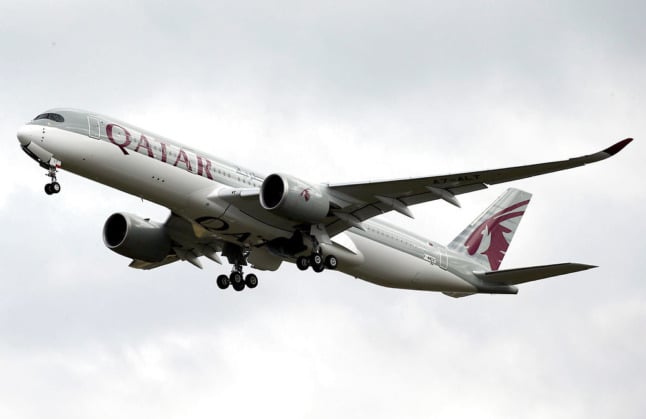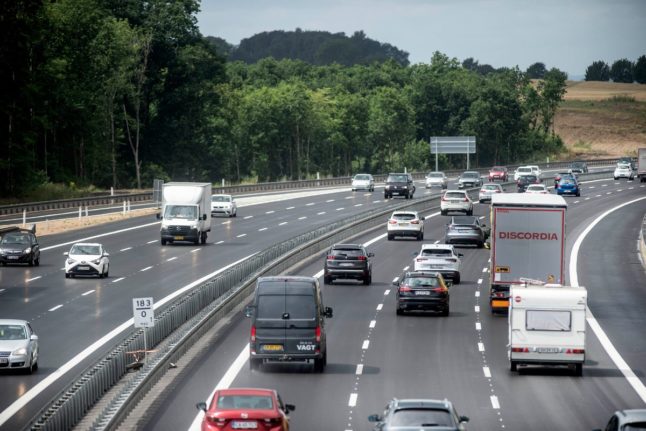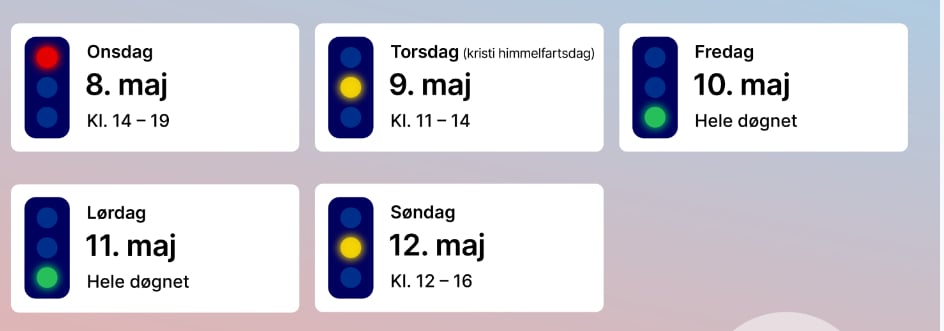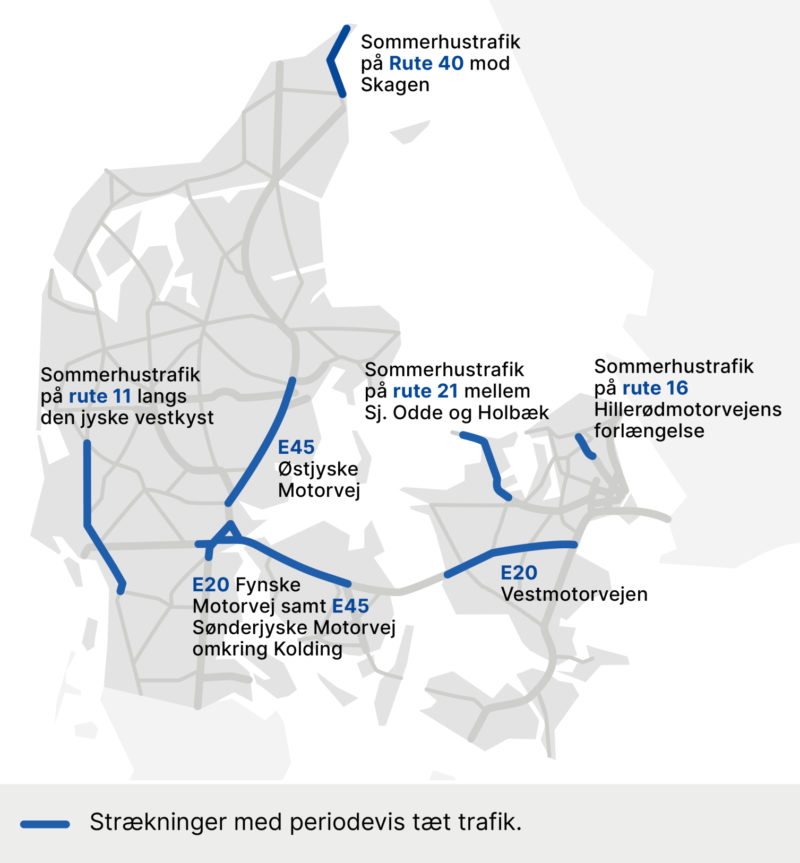Isolation rules are also to be tightened, the ministry said in a statement.
The restrictions on arrivals from the two airports, in Qatar and the United Arab Emirates respectively, are aimed at limited and delaying the spread of the new Omicron Covid-19 variant in Denmark, according to the ministry.
Authorities in Denmark, the State Serum Institute and the Danish Health Authority, recommended the measure, as did the government’s independent Epidemic Commission.
The test requirement will apply to all arrivals on flights from Doha and Dubai. Passengers who refuse to take a test before leaving the airport in Denmark can be fined.
Doha and Dubai airports are both hubs for regional travel and passengers from South Africa transfer at the airports on routes to Europe. South Africa first identified the Omicron variant and alerted the international community to it last week.
Several countries have subsequently placed travel bans on South Africa and neighbouring countries, including Denmark. The initial list of restrictions on South Africa and six other countries — Lesotho, Botswana, Zimbabwe, Mozambique, Namibia and Eswatini – was expanded this week to include Angola, Malawi and Zambia.
Travel to Denmark from those countries is only permissible if one of a narrow range of “worthy purpose” criteria is fulfilled. Requirements to test and isolate for 10 days would also then apply to the traveller.
A negative PCR test on day six after arrival now allows the person to leave isolation under Danish rules. This is a tightened of previous isolation rules which allowed quarantine to be broken after a negative test on day four.
An immunity pass, given to visitors who have previously had Covid-19 and are therefore conferred immunity to the virus, will now be valid for 180 days instead of the previous 12 months, in another rule change announced by the ministry on Wednesday.
The minimum age at which a Covid-19 health pass can be demanded of travellers to Denmark is now 15 years. It was previously 16 years.
READ ALSO: How foreign citizens can get a booster Covid-19 jab in Denmark





 Please whitelist us to continue reading.
Please whitelist us to continue reading.
Member comments